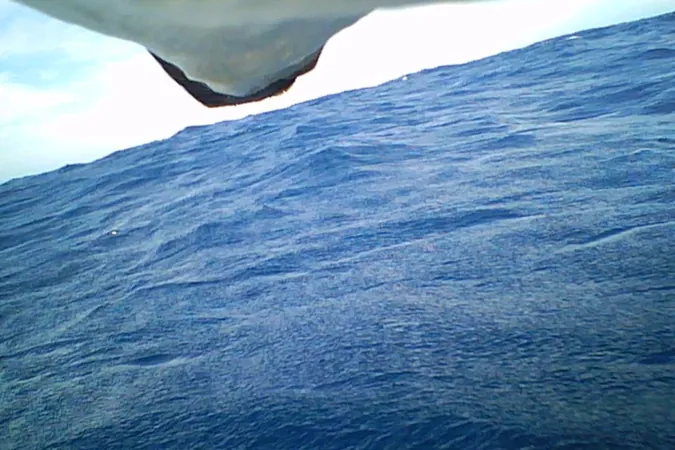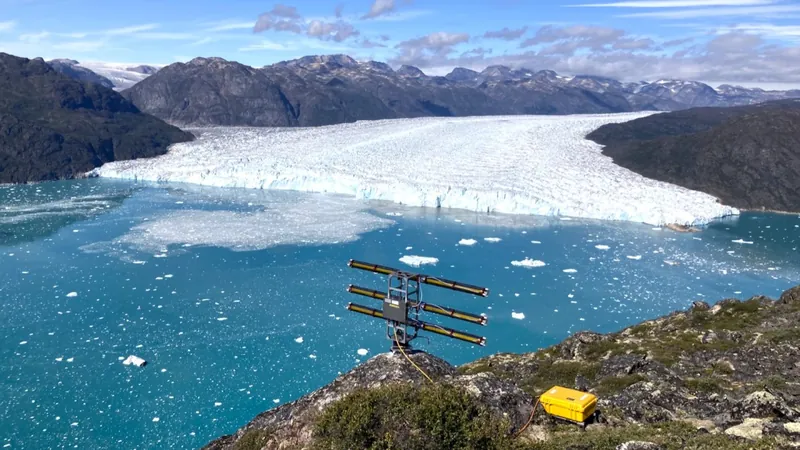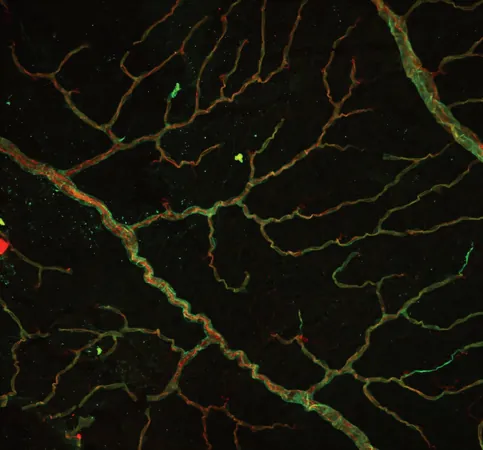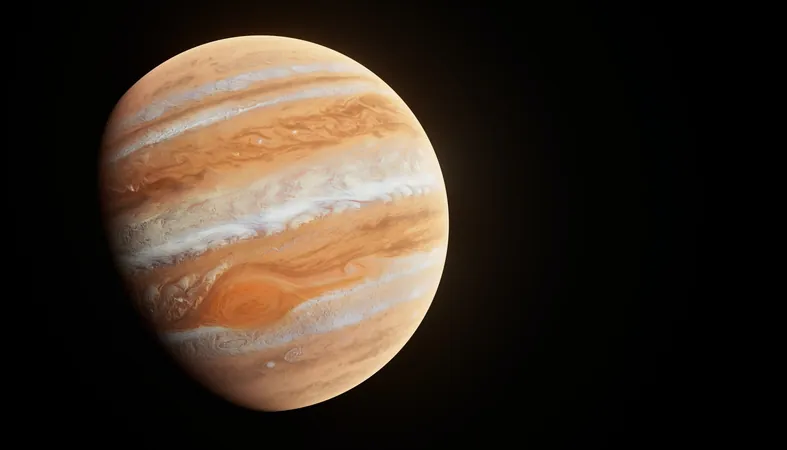
Shocking Discovery: Seabirds Prefer to Poop While Flying!
2025-08-18
Author: Jacques
Nature's Toilet Break: A Surprising Seabird Habit
In an astonishing revelation, researchers from the University of Tokyo have uncovered an unexpected bathroom behavior among seabirds. Their study, published in Current Biology, shows that streaked shearwaters—birds native to Japan—consistently prefer to relieve themselves in mid-air rather than during their time floating on water.
Birds on a Flying Toilet
To investigate this peculiar habit, scientists outfitted 15 streaked shearwaters with tiny video cameras attached to their bellies. Reviewing more than 195 instances of defecation, they were amazed to find that these birds poop every 4 to 10 minutes while flying. Lead researcher, Leo Uesaka, expressed surprise at both the frequency of the events and the ability to study such behavior.
Why Do They Do It?
The analysis indicated that nearly all excretion occurred during flight, with some birds pooping within just 30 seconds of takeoff. Remarkably, many would launch, defecate, and return to the water in less than a minute, indicating these flights were likely solely for the purpose of relieving themselves.
Weight Loss for Flight Efficiency?
On top of that, researchers estimated the streaked shearwaters excrete about 5% of their body weight, which typically ranges from 400-600 grams. Uesaka speculates that lightening their load by eliminating waste could enhance their flight efficiency, especially since taking off from the water demands significant energy.
Keeping Clean and Safe
Several theories emerged to explain this airborne excretion habit. First, by pooping in-flight, seabirds minimize the risk of feces contaminating their feathers, decreasing their chances of infection. Additionally, this behavior might help avoid attracting predators, such as sharks and seals, that are drawn in by the scent of fecal plumes.
Nutrient Contribution to the Ocean
These findings extend beyond individual behaviors. The researchers suggest that the droppings of these seabirds could play a significant role in nutrient distribution across the ocean. With high nitrogen and phosphorus content, their feces can nourish plankton, which forms the foundation of marine ecosystems. With an estimated population of over 424 million shearwaters, the cumulative impact of their waste could be substantial.
In Conclusion: The Importance of Seabird Poop
"Feces are important," Uesaka emphasizes. "But people don’t really think about it." These remarkable insights into seabird behavior not only challenge our views on nature's habits but also highlight the interconnectedness of wildlife and marine ecosystems.









 Brasil (PT)
Brasil (PT)
 Canada (EN)
Canada (EN)
 Chile (ES)
Chile (ES)
 Česko (CS)
Česko (CS)
 대한민국 (KO)
대한민국 (KO)
 España (ES)
España (ES)
 France (FR)
France (FR)
 Hong Kong (EN)
Hong Kong (EN)
 Italia (IT)
Italia (IT)
 日本 (JA)
日本 (JA)
 Magyarország (HU)
Magyarország (HU)
 Norge (NO)
Norge (NO)
 Polska (PL)
Polska (PL)
 Schweiz (DE)
Schweiz (DE)
 Singapore (EN)
Singapore (EN)
 Sverige (SV)
Sverige (SV)
 Suomi (FI)
Suomi (FI)
 Türkiye (TR)
Türkiye (TR)
 الإمارات العربية المتحدة (AR)
الإمارات العربية المتحدة (AR)